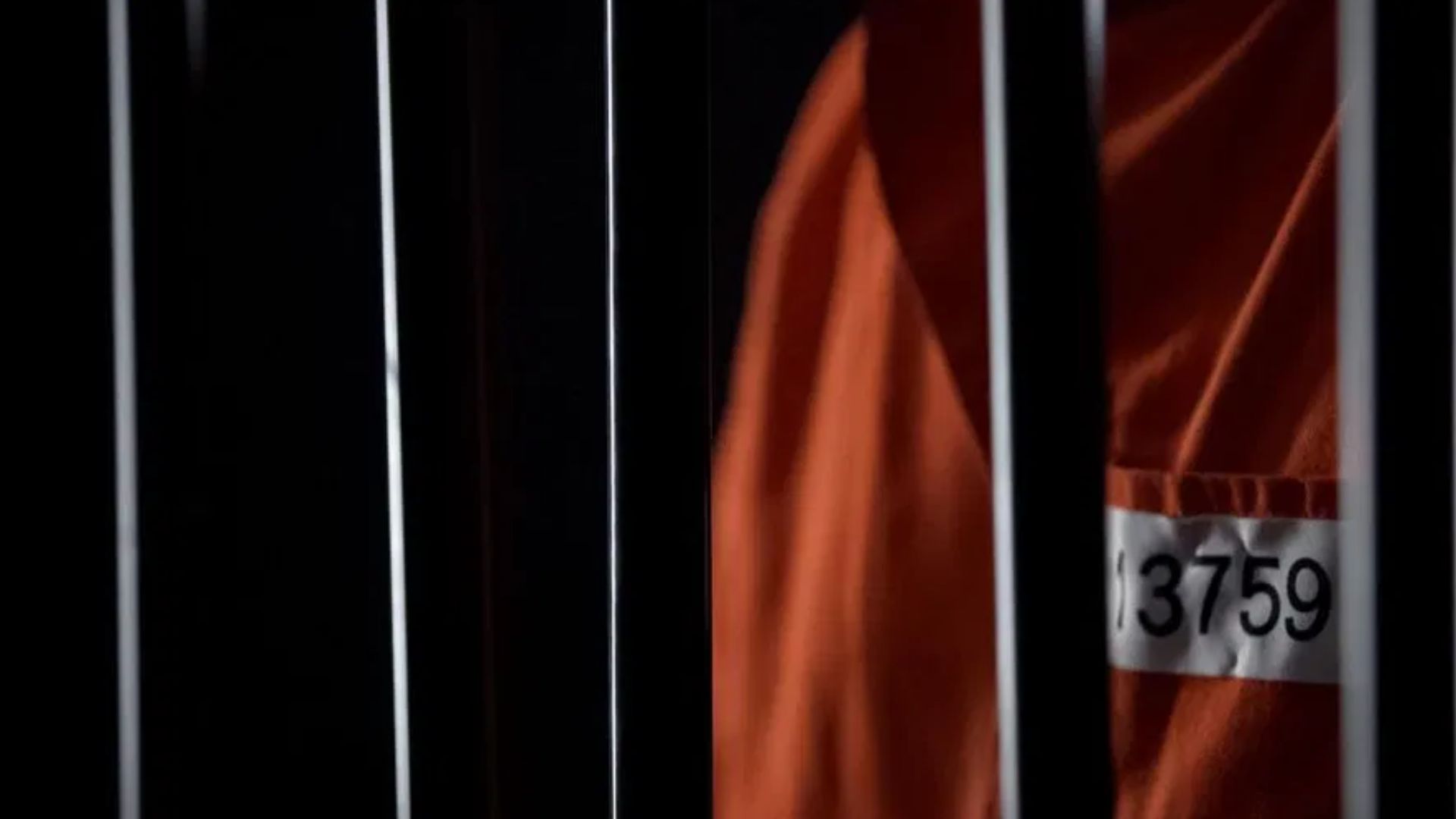Local News
Syracuse man sentenced to seven years in federal prison for cocaine trafficking and laundering drug profits through the mail

Syracuse, New York – A 31-year-old man from Syracuse has been sentenced to seven years in federal prison for his role in a cocaine trafficking and money laundering operation that stretched from upstate New York to Puerto Rico.
Juan Correa, Jr. appeared before Senior United States District Judge Glenn T. Suddaby on Wednesday to learn his fate after admitting to conspiring to distribute large quantities of cocaine and laundering the proceeds. The conviction stems from a federal investigation that revealed Correa’s involvement in a multi-person network responsible for distributing narcotics in Onondaga County and funneling cash back to Puerto Rico.
According to federal authorities, Correa participated in the drug conspiracy between May and July of 2024. During this time, he worked with others to move more than five kilograms of cocaine, collecting cash from local street sales and mailing those profits back to his supplier in Puerto Rico. The funds were then used to purchase even more narcotics, continuing a dangerous cycle of addiction and illegal trade.
Following his prison term, Correa will also be required to serve five years of supervised release.
Federal prosecutors say the bust and conviction of Correa was the result of extensive cooperation between multiple agencies operating at local, state, and federal levels. Officials praised the cross-agency collaboration that led to the successful dismantling of this drug network.
“This prosecution of a cocaine trafficking and money laundering organization was made possible by the close collaboration of federal, state and local law enforcement agencies up and down the East Coast,” said U.S. Attorney John A. Sarcone III. “In this case we tracked down individuals in Florida and Puerto Rico who played key roles in this conspiracy and brought them to justice.”
While Correa’s sentence marks a major step in the case, the investigation is far from over. Three co-defendants—Juan Correa, Sr., Ashley Correa, and Alex Calcano-Carrasquillo—have already entered guilty pleas and are now awaiting sentencing. Their roles in the operation have not been publicly detailed, but prosecutors indicated that all were deeply involved in the illegal distribution and movement of drug proceeds.
Authorities emphasized that the disruption of this trafficking operation has had a positive ripple effect in local communities where addiction and street-level drug sales have taken a toll.
“The sentencing of Juan Correa Jr., who knowingly distributed cocaine throughout Onondaga County and funneled the proceeds in an effort to flood our streets with even more poison, is a result of the collaborative efforts DEA New York and our law enforcement partners have when targeting those individuals pushing this poison into our communities,” said DEA Special Agent in Charge Frank A. Tarentino III. “Anytime illicit narcotics are removed from our streets, lives are saved. The DEA remains committed to doing everything in our power to protect our neighborhoods and keep them safe.”
Investigators from the Internal Revenue Service’s Criminal Investigation unit also played a critical role in tracking the financial aspects of the case. Using forensic accounting methods, they uncovered how Correa laundered drug money through the postal system.
“Mr. Correa brought a highly addictive drug to be moved through towns from here to Puerto Rico, with little regard to the effects of his criminal behavior,” said Harry T. Chavis, Jr., Special Agent in Charge of IRS-Criminal Investigation New York. “IRS-CI New York remains committed to working with our law enforcement partners in taking down any criminal seeking to poison the communities in which we live.”
One of the more surprising aspects of the case involved the misuse of the U.S. mail system to ship money between states and across borders. Federal inspectors with the U.S. Postal Inspection Service highlighted this method of laundering as a growing concern.
“The U.S. Postal Inspection Service is dedicated to protecting the mail from criminal misuse. The successful prosecution of this case should serve as a deterrent to anyone seeking to exploit the mail,” stated Ketty Larco-Ward, Inspector in Charge of the United States Postal Inspection Service, Boston Division. “We will continue to work with our local, state, and federal partners to stop the distribution of harmful narcotics.”
Back in Syracuse, local police were also instrumental in breaking the case, conducting ground-level investigations and surveillance to identify players in the operation and build a comprehensive case.
“This conviction is another prime example of the outstanding collaboration we have between local, state and federal partners,” said Joseph L. Cecile, Chief of the Syracuse Police Department. “We couldn’t be prouder of the difficult and uncompromising work our narcotics detectives and law enforcement partners put in every day to rid Syracuse of those who decide to peddle their poisons on our streets.”
The investigation into Correa and his co-defendants was conducted as part of the Organized Crime Drug Enforcement Task Forces (OCDETF) program. The initiative focuses on dismantling high-level criminal organizations involved in narcotics trafficking, money laundering, and other forms of organized crime. It operates by bringing together federal prosecutors and agents from a variety of enforcement agencies to take a coordinated, intelligence-led approach to these cases.
Assistant U.S. Attorney Geoffrey Brown led the prosecution, which officials say sends a strong message to those seeking to profit from the drug trade: federal authorities will pursue every angle—financial, logistical, and criminal—to bring offenders to justice.
While Correa’s sentence may mark the end of his direct involvement in this case, law enforcement continues to monitor the flow of narcotics in the region and remains committed to pursuing other individuals or networks operating in similar ways. For now, officials say the conviction serves as a reminder that justice can and will be served—regardless of how far the criminal enterprise may reach.

-

 Local News12 months ago
Local News12 months agoNew ALDI store close to Rochester to begin construction in late 2025 or early 2026
-

 Local News11 months ago
Local News11 months agoRochester Lilac Festival announces exciting 127th edition headliners
-

 Local News9 months ago
Local News9 months agoCounty Executive Adam Bello and members of the county legislature celebrate exceptional young leaders and advocates at the 2025 Monroe County Youth Awards
-

 Local News9 months ago
Local News9 months agoThe 2025 Public Market Food Truck Rodeo series will begin this Wednesday with live music by the Royal Bromleys